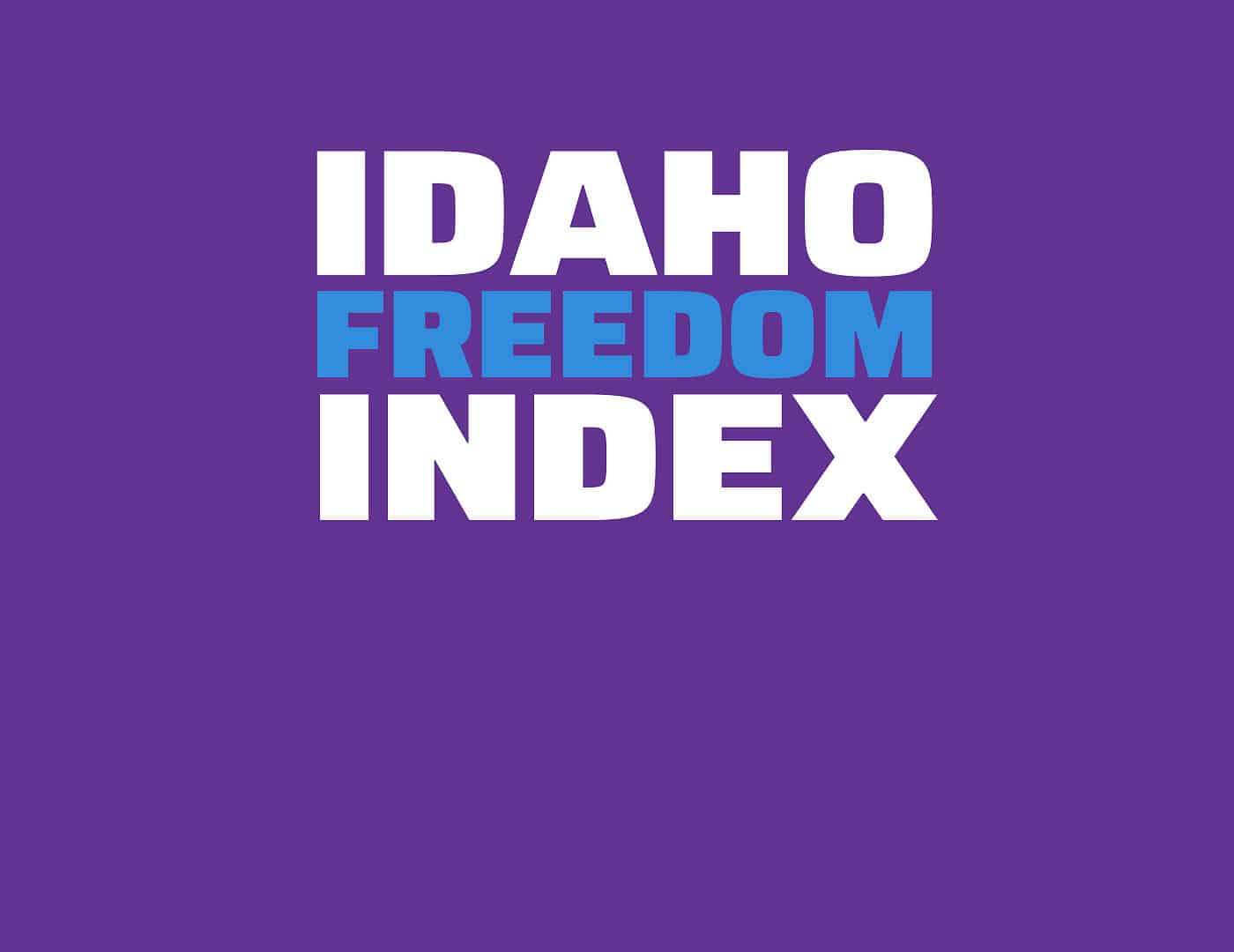


Bill Description: House Bill 340 would clarify how one can prove identity and residency when registering to vote. It would also require the state to issue a no-fee state identification card for voters who lack other forms of ID.
Rating: -2
NOTE: House Bill 340 is similar to House Bill 126, introduced earlier this session.
Does it in any way restrict public access to information related to government activity or otherwise compromise government transparency, accountability, or election integrity? Conversely, does it increase public access to information related to government activity or increase government transparency, accountability, or election integrity?
House Bill 340 would amend Section 34-411, Idaho Code, to provide a specific list of documents that people can use to prove their identity and residency when registering to vote. Most of these are fairly standard, but there are a couple of items on the list for proving residency that raise concerns.
The first is "Enrollment papers issued for the current school year by a high school or an accredited institution of higher education located within the state of Idaho." Being enrolled in a high school or college in Idaho does not inherently establish residency in Idaho.
The second is "A communication on letterhead from a public or private social service agency registered with the secretary of state verifying the applicant is homeless and attesting to the applicant's residence for registration purposes." If an applicant is homeless, can he have "residency" and what does that mean in this context? What establishes residency in a voting district? Does parking a car or pitching a tent there count?
It is necessary, in protecting election integrity, to clarify how residency may be proven for the purpose of voting, and to limit such forms of identification only to those forms that are secure and authoritative.
(-1)
Does it violate the principle of equal protection under the law? Examples include laws which discriminate or differentiate based on age, gender, or religion or which apply laws, regulations, rules, or penalties differently based on such characteristics. Conversely, does it restore or protect the principle of equal protection under the law?
House Bill 340 would amend Section 49-2444, Idaho Code, by adding a subsection that says, in part, "The department shall issue a four (4) year no-fee identification card to any individual eighteen (18) years of age or older who has not possessed a current driver's license in the preceding six (6) months and who indicates on the application that an identification card is needed to comply with voter registration or voting requirements."
This provision would effectively force those who pay for driver's licenses and ID cards to subsidize ID cards for those who claim they need a free ID for voting purposes. Requiring some people to pay for IDs while others get them for free is not treating everyone equally under the law.
(-1)


